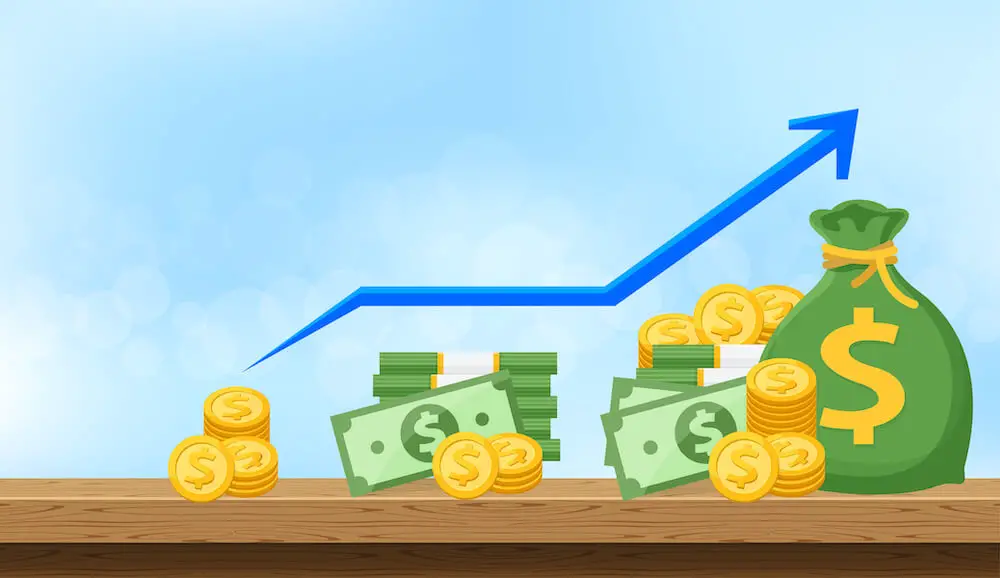A few weeks ago, FedSmith advised readers about a change in 2024 that would impact catch-up contributions to the TSP for some federal employees:
In 2024, employees putting catch-up funds in their TSP (or 401(k) funds) will only be going into after-tax Roth accounts for employees who earned more than $145,000 the previous year. This is a change to the existing rules and is part of the Secure 2.0 Act Congress passed in December.
More Retirement Income Through Catch-up Contributions For Highly Compensated Feds
This provision would obviously impact many Americans in 401(k) plans as well as the TSP.
Many companies were concerned. The changes would not be quick or easy to implement as companies will have to integrate a system that tracks employee income for the previous year and then ensure that catch-up contributions are placed into the Roth accounts if the employee has earned more than $145,000 during the previous year.
The Federal Retirement Thrift Investment Board (FRTIB) would also have to make the same changes for the TSP to comply as outlined in this earlier article.
The American Retirement Association was one organization that demanded a two-year delay in implementing the new Roth IRA catch-up rule. This letter noted, “For many of these plans, unless this requirement is delayed very quickly (i.e., this summer), their only means of compliance will be to eliminate all catch-up contributions for 2024.”
Late last week, the Internal Revenue Service (IRS) issued a notice stating that it is implementing an administrative transition period. The transition period makes these changes:
- It implements a two-year freeze on the rule requiring catch-up contributions by higher-income participants in 401(k) and similar retirement plans to be designated as after-tax Roth contributions; and
- It “clarified” that plan participants age 50 and over can continue to make catch‑up contributions after 2023, regardless of income.
The rule change is significant, even for hundreds of thousands of federal employees. At the end of December 2023, the average federal employee salary in Washington, DC was $130,820. That is an average, so at least a few hundred thousand federal employees are making $145,000 or more. According to the Office of Personnel Management, there are 268,075 federal employees making at least $145,000.
There are also a number of federal employees outside the standard General Schedule system that make more than $145,000 and that will be impacted by the transition period just announced by the IRS.






